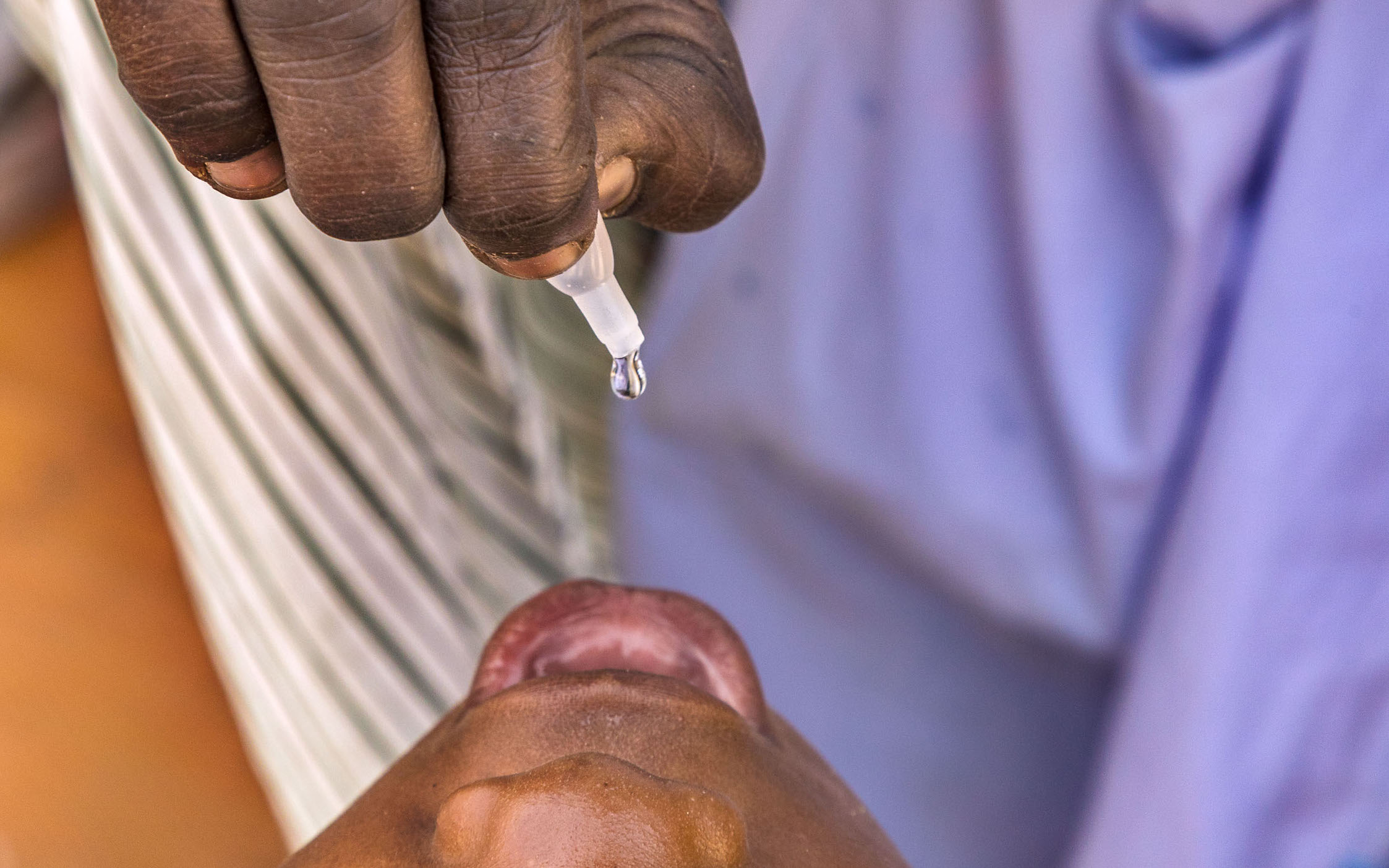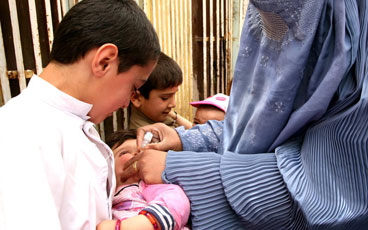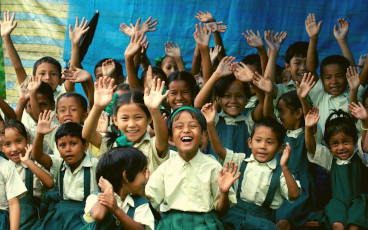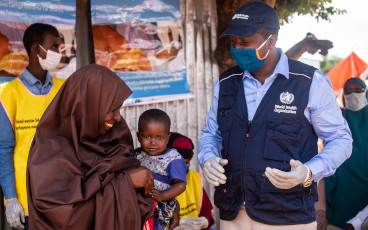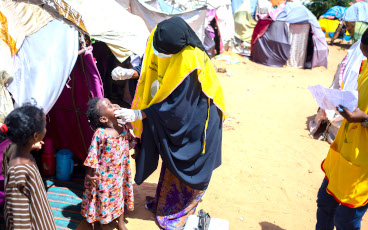Leveraging civil society contributions to polio transition and integration
This report describes the initiatives implemented by four CSOs supported by the UN Foundation to enhance polio transition and integration efforts in the Democratic Republic of the Congo (DRC), Ethiopia, Nigeria, and South Sudan.
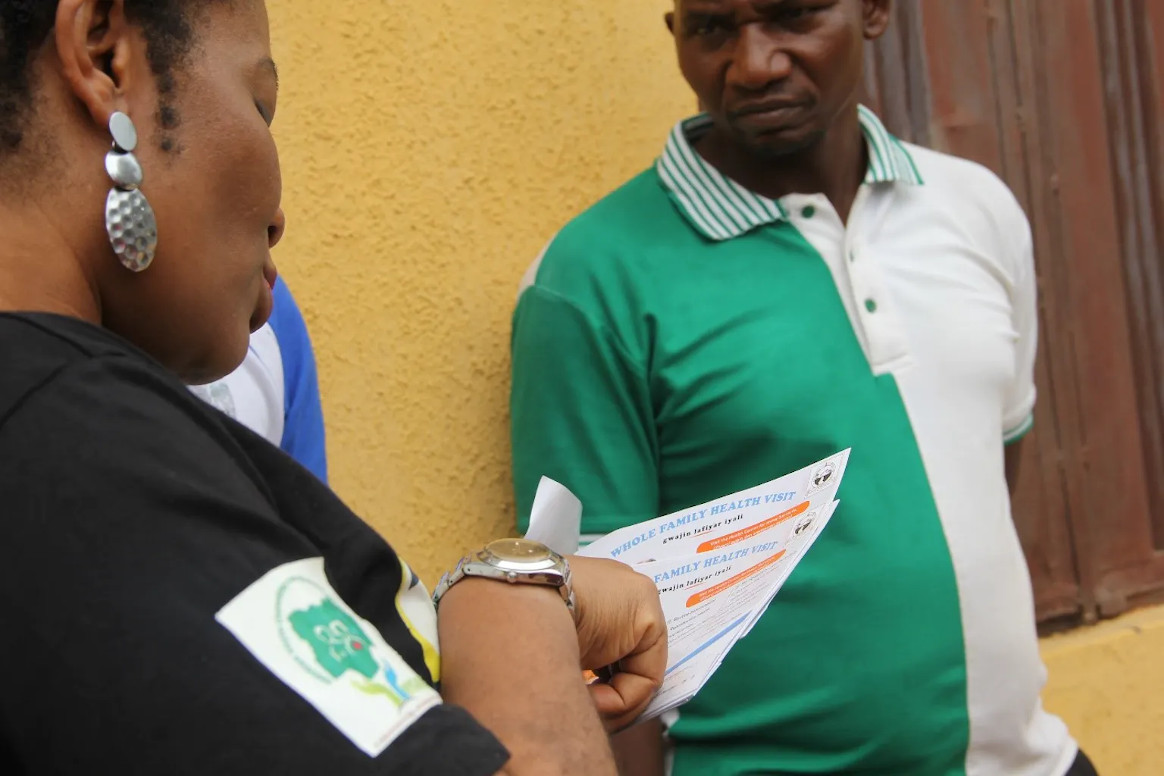
According to the United Nations, a civil society organization (CSO) is any non-profit, voluntary citizens’ group which is organized on a local, national, or international level. CSOs have a vital role to play in the control of infectious diseases. Some CSOs play an advocacy role to sustain commitments of governments, communities, and donors, some support implementation of program activities, and some do both.
The UN Foundation’s new report, “Leveraging CSO Contributions to Advance Polio Transition and Integration Efforts in the African Region” outlines specific areas where CSO support can be of value for polio transition and integration. In particular, this report describes the initiatives implemented by four CSOs supported by the UN Foundation to enhance polio transition and integration efforts in the Democratic Republic of the Congo (DRC), Ethiopia, Nigeria, and South Sudan.
STATUS OF POLIO IN THE AFRICAN REGION
The African region was declared free of wild poliovirus (WPV) in August 2020. This incredible achievement was a result of decades of work by a coalition of international health bodies, national and local governments, civil society and community volunteers. Notwithstanding this significant milestone, the African Region is still experiencing outbreaks of the non-wild variant of poliovirus, known as circulating vaccine-derived poliovirus (cVDPV) in 25 countries. Furthermore, in 2022, WPV importations were reported in two countries that had been polio-free for over three decades, Malawi and Mozambique. These detections highlight that until all forms of polio are eradicated everywhere, the risk of importation remains a constant threat. This further emphasizes the importance of maintaining the Global Polio Eradication Initiative (GPEI) infrastructure in order to both achieve and maintain a polio-free world.



